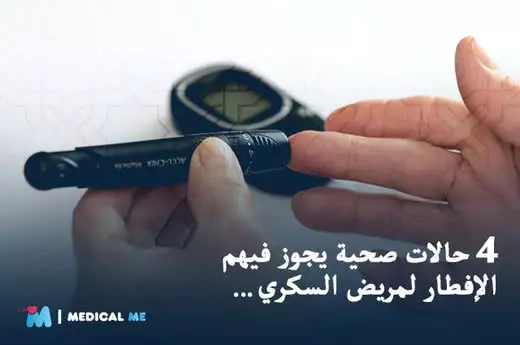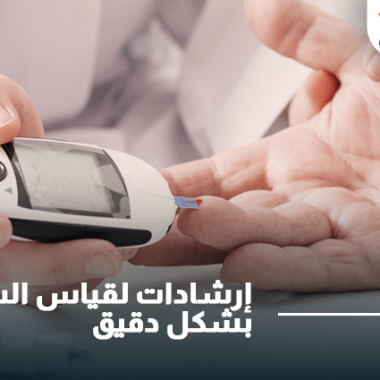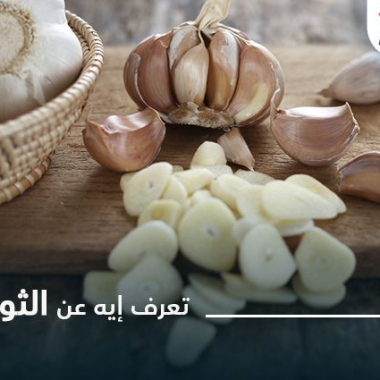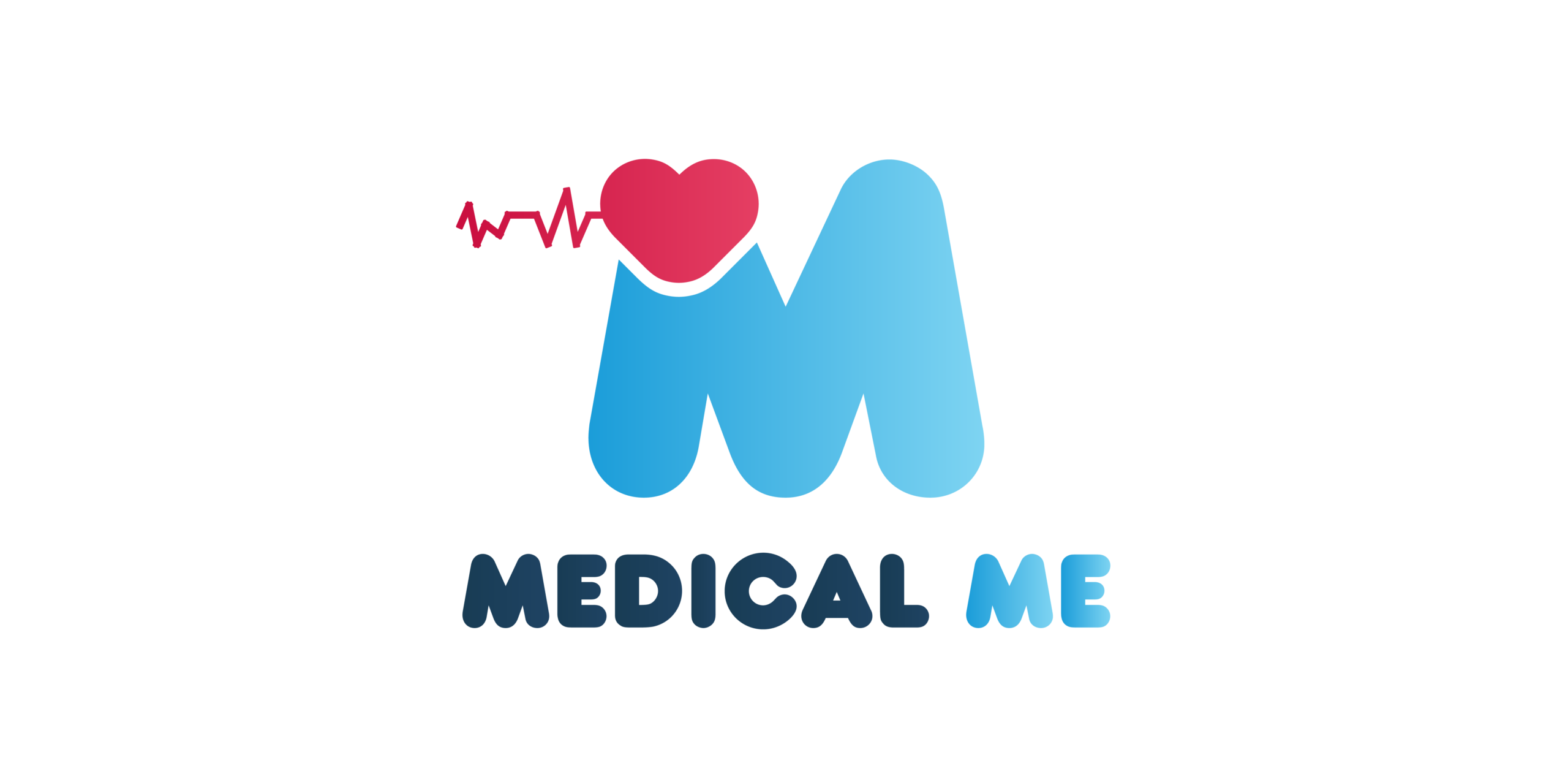Healthy tips for diabetics patients in Ramadan
Diabetes is one of the most important diseases that require a daily follow-up, especially when you change your diet. It is assumed that a major change in this diet will occur during Ramadan. Which obliges the patient to follow health advice, and it is possible that certain cases may need to break fasting according to the instructions of the attending physician, from here we will know when to break the fast for a diabetic and the most important nutritional advice.
Most of diabetic patients are following-up a certain system in their life, and these systems differ during Ramadan.
Top tips for diabetics patients in Ramadan:
Managing diabetes in the holy month of Ramadan is an important factor in preventing episodes of high or low blood sugar levels, and completing your fasting without being exposed to risk, and these healthy tips are:
- Measuring your blood sugar on a daily basis using home glucometers help you monitor your condition, and it is recommended to break your fast if your blood sugar falls below 70 mg/dL, and in that case you should eat simple carbohydrates easily to be digested and converted into sugar such as: a cup of water sweetened with honey or sugar; Because it is quickly absorbed and helps raise blood sugar quickly.
- You should also break your fasting if the blood sugar level is above 300 mg/dL.
- A diabetic patient in Ramadan should start eating Iftar with dates and water, then pray and return to Iftar again by eating a plate of soup, and dividing the meal by making the largest percentage of protein and vegetables and reducing the percentage of carbohydrates.
- Following the best tips for a healthy fasting, it is preferable to divide the Iftar meal, so that the diabetic patient eats half of the meal at Iftar time, and the other one after the Taraweeh prayer.
- Taking medical advice for a diabetic patient changes his entire medication regimen and strictly adhere to the instructions advised by the treating doctor
- Drinking a lot of water is important and necessary, about at least 2.5 liters of water per day, especially at the time of Suhoor. Drinking large amounts of water helps to maintain blood sugar levels and prevent dehydration, which causes a feeling of fatigue during the fasting period.
- Replacing juices with whole fruits, and limiting diuretic drinks such as: tea and coffee. These are general tips to be followed during Ramadan.
- Delaying the Suhoor meal as much as possible, and it is better that it be integrated and include a fruit. Examples of the foods that are preferred to be eaten at the Suhoor meal for diabetic patients are: Complex carbohydrates because they take longer to digest and benefit the body over long periods, such as: potatoes, yams, corn, barley, oats, rice and legumes such as beans and lentils and beans.
- Avoid simple carbohydrates for breakfast and suhoor; Because it is easy to digest and turns into sugar to be a quick source of high blood sugar levels in the body, such as: honey, sugar, dairy products, soft drinks and bread made of white flour.
- Replace white bread with brown bread or oat bread; Because they are made from whole grains.
- One of the most important tips for diabetics is to limit the intake of fried foods or foods containing hydrogenated oils, and to look for a healthy alternative such as: olive oil.
- Practicing simple physical activity such as walking two hours after Iftar, and avoiding any severe physical exertion during the fasting period.
- One of the most important tips for diabetes during the period between Iftar and suhoor is to eat nuts or some types of vegetables such as: lettuce or cucumbers or a specific amount of fruits; This is to avoid feeling hungry or wanting to eat sweets.
When should a diabetics patients break the fast during Ramadan?
If a diabetic suffers from one of the following diseases:
- Kidney failure in its last stages, and those who are subjected to dialysis.
- Coronary artery insufficiency, blood vessel clots, or arterial blockage.
- If the diabetic is elderly and suffers from a critical health condition.
- If a diabetic feels any confusion in his health condition that he is not used to.
- If the case has experienced a severe drop or rise in blood sugar levels in the last three months preceding Ramadan.
- If the diabetics patients develops an increase in the level of cationic acids in the last 3 months before Ramadan.
- If you are a diabetic type 1 and your cumulative blood sugar is more than 7%.
- diabetics patients, during Ramadan, causes a decrease in the level of sugar in the blood, with no symptoms of that drop.
The main symptoms of Hypoglycemia:
Feeling very hungry, lividy of the face, feeling dizzy and unsteady, numbness of the limbs and around the lips, rapid heartbeat and inability to concentrate, fainting and loss of consciousness.
In some cases, Ramadan fasting is not preferred, but it is possible, and diabetics patients must fast under extreme caution and continuous monitoring of the blood sugar level with the preparation for breaking the fast when feeling any confusion in their health.
When fasting is not recommended for diabetics patients during Ramadan:
If the diabetics patients suffers from another chronic disease such as hypertension.
If the diabetic patient requires intense physical exertion.
If you are a type 2 diabetic and suffer from a cumulative rate (HbAlc) more than 7%.
If the condition requires taking more than two injections of Insulin.
Gestational diabetes and fasting:
Managing diabetes during pregnancy is an important factor in maintaining the health of the mother and fetus. If a woman suffers from gestational diabetes and is treated with insulin or medications containing the active ingredient sulfonamide, it is better for that woman to break the fast.
as stated by Dr. Osama Hamdi, endocrinologist and diabetologist at Harvard University and medical director The Obesity and Diabetes Program at Joslin Diabetes Center.
Women who suffer from gestational diabetes and are treated with diet and pills are not recommended to fast, and if they do, they must follow up with the doctor and adhere to the medical advice dictated to them by the doctor.
Medical Me advises you to purchase a suitable glucometer, so that Ramadan fasting becomes beneficial for the diabetics patients, and you can monitor your condition throughout the day and avoid complications and exposure to any health problems.














